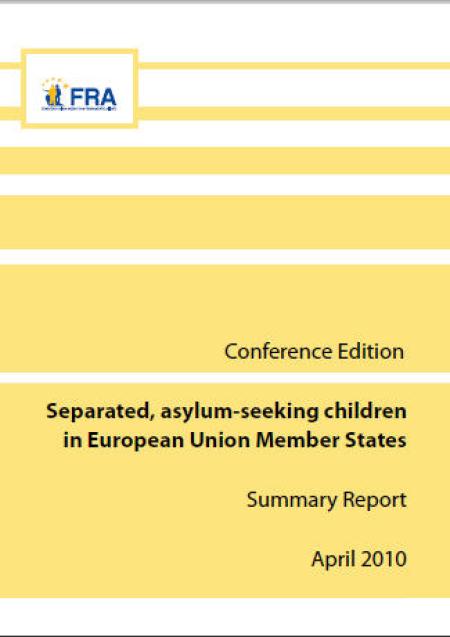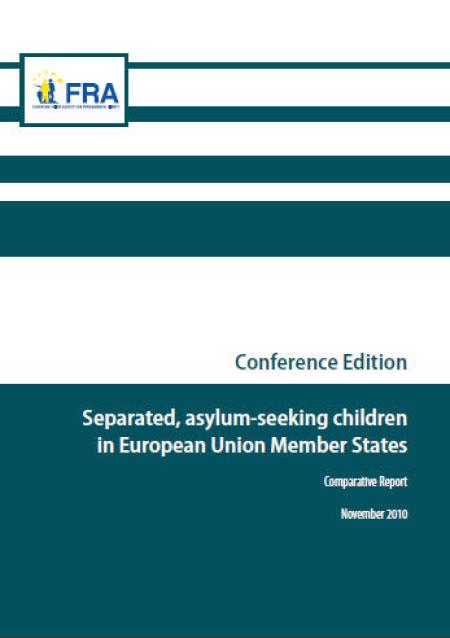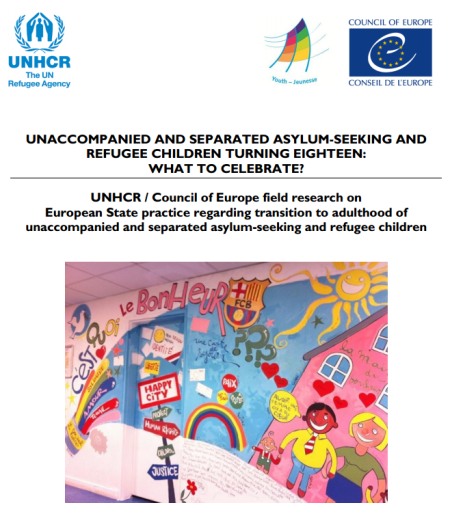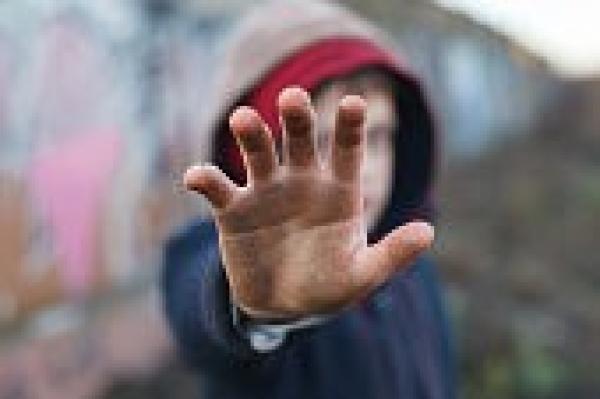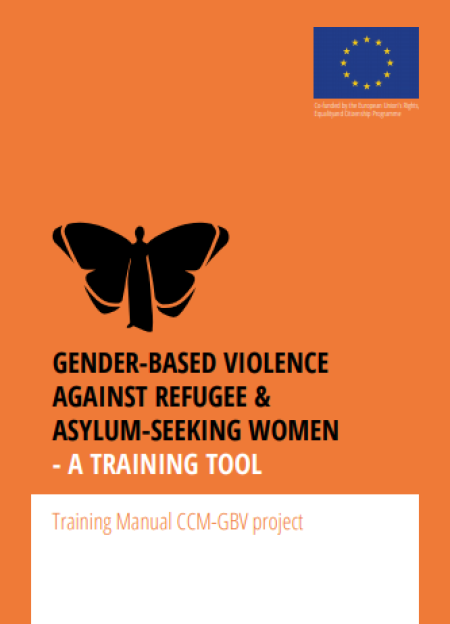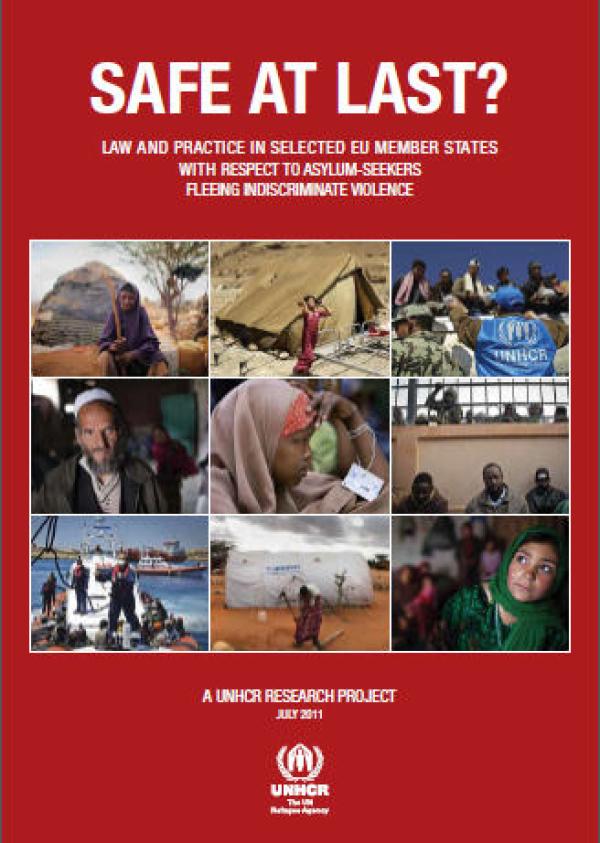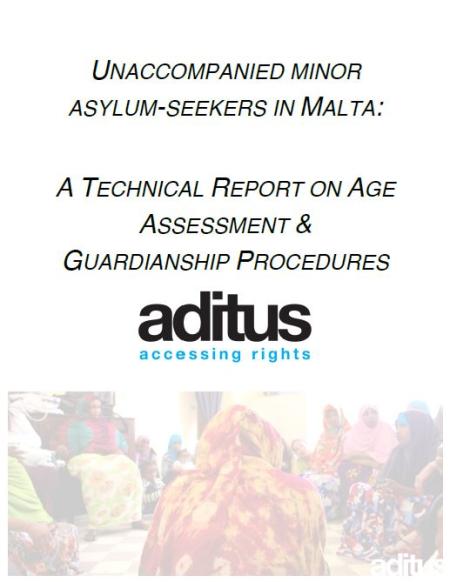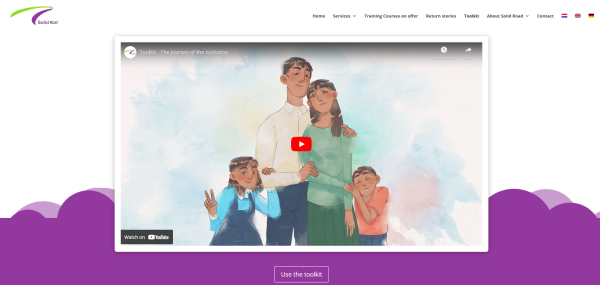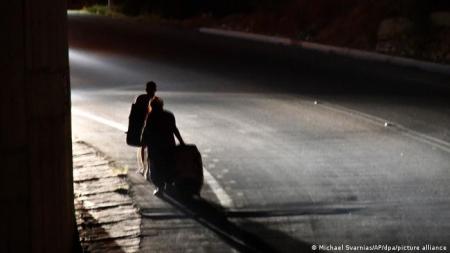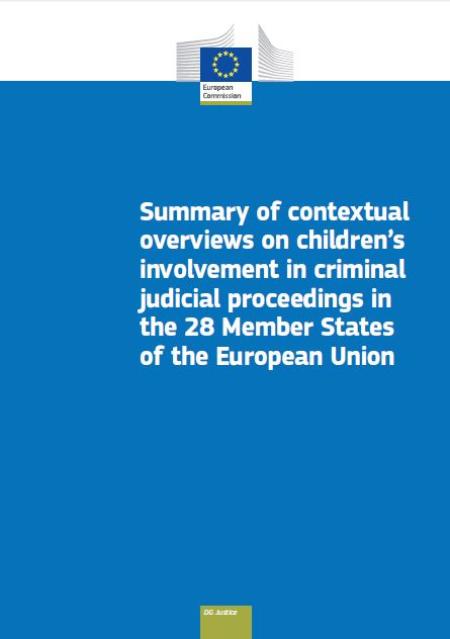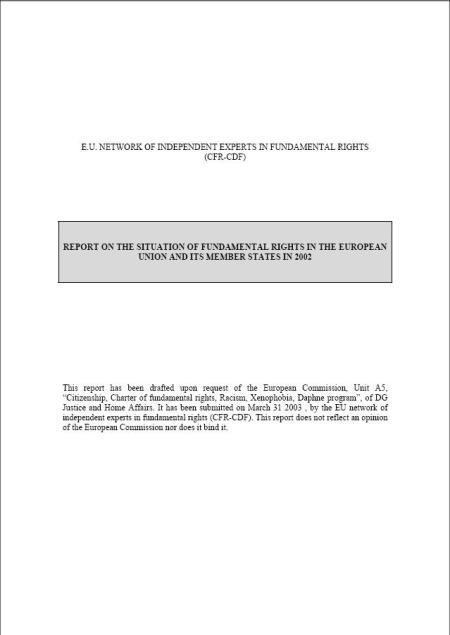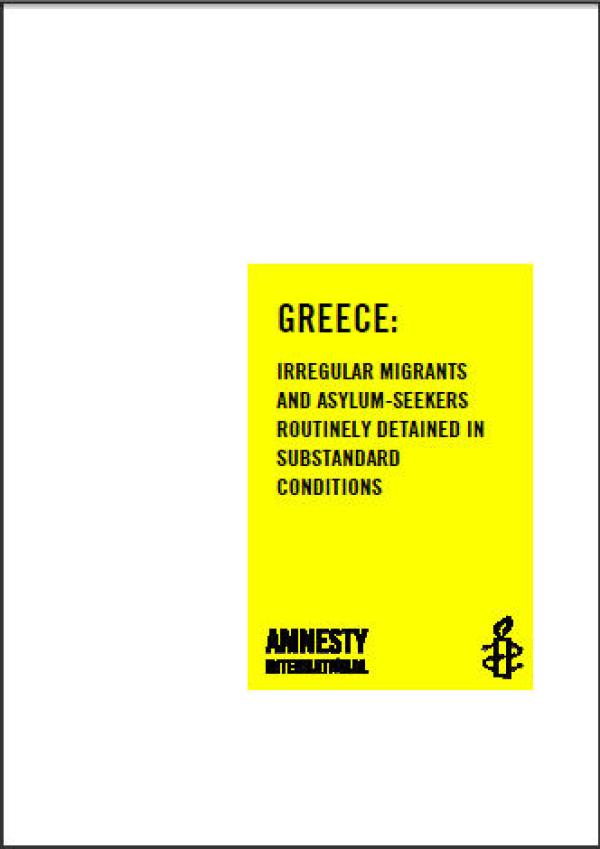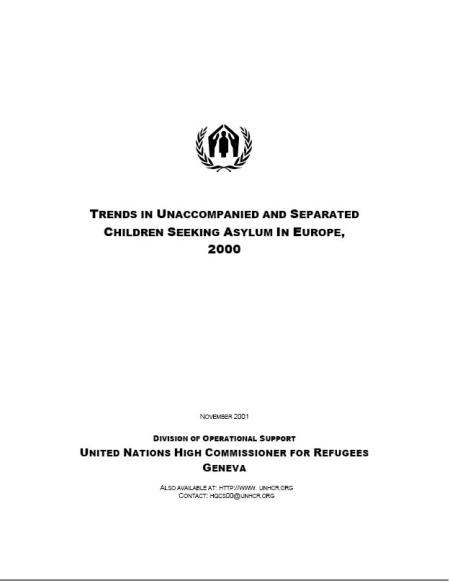
In March 2009, the FRA published its report on indicators for the protection, respect and promotion of the rights of the child in the EU. The core areas covered by the indicators include: “family environment and alternative care”, “protection from exploitation and violence”, “adequate standard of living” and “education, citizenship and cultural activities”. In the first core area, a specific indicator group was devoted to “rights and welfare of children separated from their family due to migration”. The report stressed that in applying the indicators for the collection of primary data for this indicator group “appropriate cross-national qualitative child-centred participatory research would yield significant information and ensure the children’s participation in the collection of relevant data, particularly regarding separated children”. Accordingly, the FRA designed and launched in the same year fieldwork research, outsourced to the International Organization for Migration (IOM), based on semi-structured individual, face-to-face interviews with 336 separated children and 302 adults responsible for, assisting and working with such children in 12 EU Member States – Austria, Belgium, Cyprus, France, Hungary, Italy, Malta, The Netherlands, Poland, Spain, Sweden and the United Kingdom (UK). These countries represent a diverse sample with regard to aspects such as geographical location, socio-economic characteristics, size and length of EU membership. The children interviewed were mostly over the age of 14, representing a diverse sample as to their country of origin, length of stay under host state supervision, gender and legal status. The research covered two main areas – living conditions, and legal issues and procedures. It should be noted that the research was not designed to examine particularly sensitive issues, such as mistreatment by officials and few children or adults spoke about them. The present document summarises the forthcoming full report in which the findings are presented in detail with specific references to the EU Member States covered. The relevant provisions of the CRC and the Charter of Fundamental Rights of the European Union, as well as elements of the asylum and immigration and family reunification legislation of the EU are also outlined in that report. The FRA report on Separated, asylum-seeking children in European Union Member States and the complementary study of the European Migration Network (EMN) on “Policies on reception, return and integration arrangements for, and numbers of, unaccompanied minors” will provide useful information to the forthcoming Commission Communication Action Plan on Unaccompanied Minors (2010-2014). While the EMN study covers the legal and policy dimension (e.g. motivations for entering the EU, entry procedures, reception arrangements including integration, detention, return practices, statistics and identified best practices), the FRA report investigates the situation ‘on the ground’ in 12 EU Member States through child-centred participatory research.


